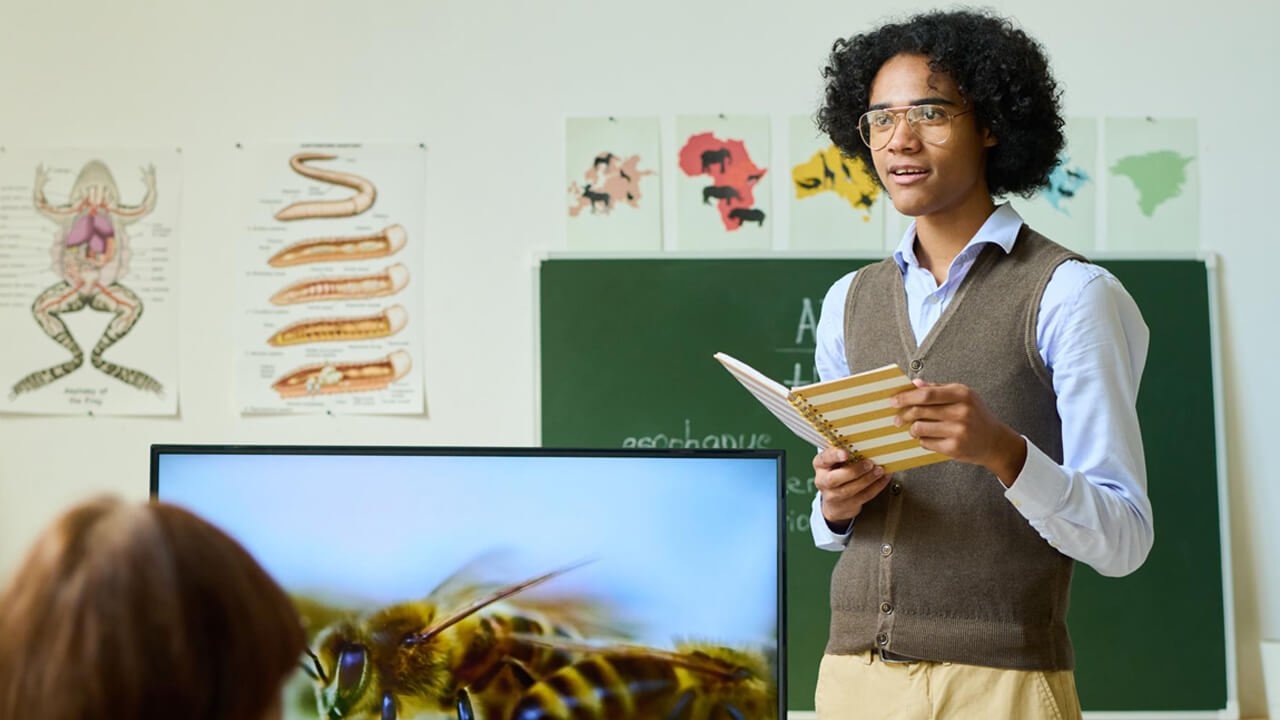Improving education is a complex and multifaceted endeavor that involves the collaboration of various stakeholders, including policymakers, educators, parents, and communities. While there is no one-size-fits-all approach to improving education, here are some key strategies that can contribute to positive changes:
- Enhance Teacher Training and Support: Investing in high-quality teacher training programs and providing ongoing professional development opportunities can improve instructional practices. Teachers should receive training on effective teaching methodologies, subject knowledge, and classroom management techniques. Mentoring and coaching programs can also provide valuable support to teachers throughout their careers.
- Update Curriculum and Teaching Methods: Regularly reviewing and updating the curriculum to align with current knowledge and skills required in the modern world is crucial. Encouraging active learning, critical thinking, problem-solving, and creativity can engage students and enhance their learning outcomes. Incorporating technology into teaching methods can also help create interactive and personalized learning experiences.
- Reduce Class Size: Smaller class sizes allow teachers to provide individualized attention to students, address their specific learning needs, and foster a supportive learning environment. Research suggests that smaller class sizes can lead to improved academic performance and increased student engagement.
- Increase Access to Education: Ensure equal access to quality education for all students, regardless of their socioeconomic background, gender, or geographic location. This may involve addressing barriers such as poverty, lack of infrastructure, and cultural biases. Expanding early childhood education programs and promoting inclusive education practices can also contribute to better educational outcomes.
- Encourage Parental and Community Involvement: Engage parents and the wider community in the education process. Encourage parental involvement through regular communication, parent-teacher associations, and workshops. Collaborate with community organizations, businesses, and local leaders to provide additional resources and support for schools.
- Assess and Monitor Student Progress: Implement effective assessment methods to measure student learning and identify areas for improvement. Use a combination of formative and summative assessments to provide feedback and track progress. Assessment data can inform instructional decisions and help identify students who need additional support.
- Invest in Educational Technology: Embrace the potential of educational technology to enhance learning experiences. Provide schools with necessary infrastructure and resources to integrate technology effectively into the curriculum. Virtual learning platforms, interactive educational tools, and online resources can supplement traditional teaching methods and expand learning opportunities.
- Foster a Positive School Climate: Create a safe, inclusive, and supportive school environment that promotes student well-being and engagement. Implement anti-bullying measures, promote values of respect and empathy, and provide resources for social and emotional learning. Encourage extracurricular activities, sports, and arts programs to cater to diverse student interests and talents.
- Collaborate and Share Best Practices: Facilitate collaboration among educators, schools, and districts to share best practices and innovative approaches. Encourage professional learning communities, conferences, and online platforms where educators can exchange ideas, strategies, and resources.
- Policy Reforms and Adequate Funding: Advocate for policy reforms that prioritize education and allocate adequate funding to support educational initiatives. Engage policymakers in discussions about educational priorities, equitable resource allocation, and evidence-based practices.
Remember, improving education is an ongoing process that requires continuous evaluation, adaptation, and collaboration. It is essential to consider the unique needs and contexts of the education system you are working with and involve all stakeholders in the decision-making process.
Education is the passport to the future, for tomorrow belongs to those who prepare for it today.
― Malcolm X















